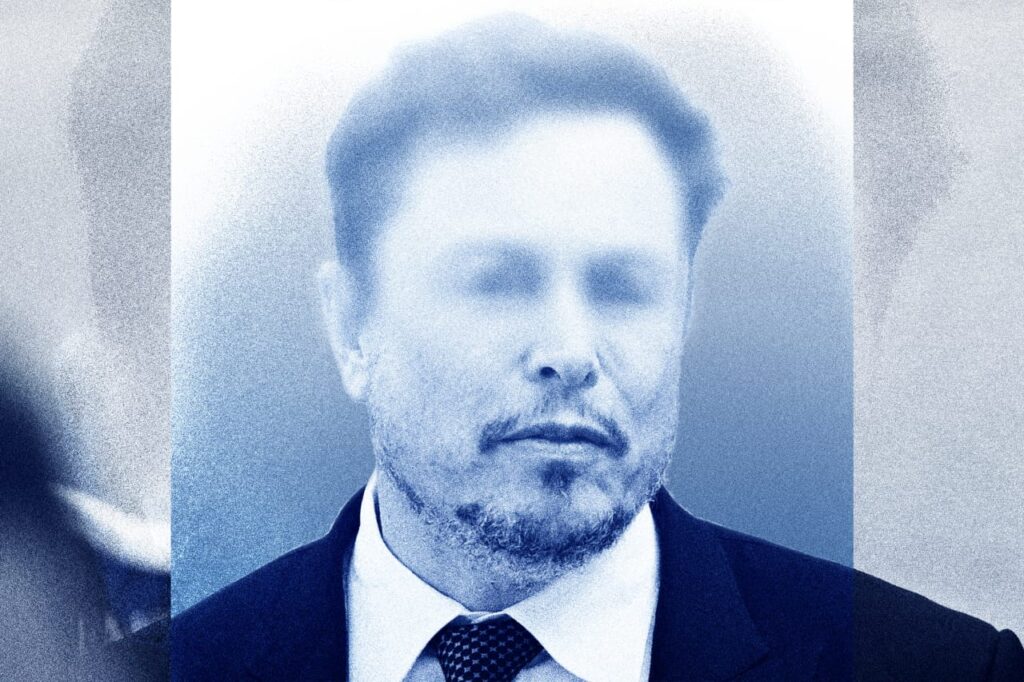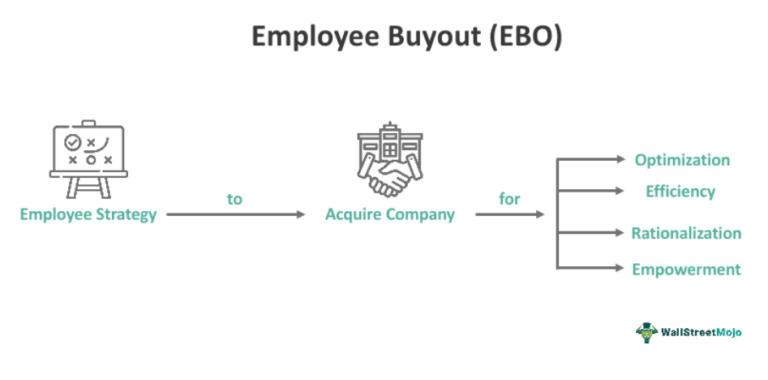
Audience
- Sentiment: Concerns About Efficiency and Leadership
- Political Group: Progressive
- Age Group: 18-34
- Gender: All
Overview
- Elon Musk’s new role raises questions about the effectiveness of government leadership.
- Critics worry Musk’s influence may undermine government support systems.
- The balance between efficiency and public welfare is a central concern in the debate.
Title: The Controversy Over Elon Musk’s New Role: What It Means for Government and You
When you hear the name Elon Musk, what comes to mind? Is it the sleek cars rolling out of Tesla factories, or maybe the ambitious rockets soaring into space through his company SpaceX? Whatever it is, one thing’s for sure: Musk is no stranger to the spotlight. Recently, he was appointed by former President Donald Trump to lead a new government agency called the Department of Government Efficiency, or DOGE. This announcement has stirred up a lot of conversations and debates, especially now that a federal judge has given Musk’s department access to sensitive information from the Department of Labor. You might be wondering what this all means and why it’s garnering so much attention. Let’s break it down together!
What is DOGE?
The Department of Government Efficiency is a brand-new agency aimed at making the federal government work more efficiently. Sounds pretty awesome, right? After all, who wouldn’t want a government that runs smoother, saves more money, and gets things done faster? But here’s where it gets tricky. When people hear that Musk is in charge, eyebrows are raised. Why? Because Musk is known for shaking things up. His approach to business often involves bold decisions that sometimes don’t follow the traditional playbook. For example, he’s made headlines for his outlandish tweets, ambitious timelines for projects, and sometimes controversial actions like laying off large numbers of employees at Tesla to cut costs.
Now, the question arises: can someone with such a disruptive style successfully lead a government agency? More importantly, will his leadership be in the best interest of the American people?
The Lawsuit and Controversy
A major player in this story is the American Federation of Labor and Congress of Industrial Organizations (AFL-CIO), a large federation of unions representing millions of workers. They’re not thrilled about Musk gaining access to sensitive information from the Department of Labor, as a federal judge has ruled. They argue that this could allow Musk to snoop around and get information regarding investigations tied to his companies—like Tesla and SpaceX. You could think of it as giving someone access to a locked medicine cabinet where you keep all your secrets. The AFL-CIO believes that this access could be misused and that it undermines their credibility.
Liz Shuler, the president of AFL-CIO, has expressed that they see this ruling as a setback. She’s determined to continue fighting against this access and claims they will gather more evidence to support their case. With tensions rising, this legal battle opens up larger conversations about privacy, government transparency, and the power dynamics at play when a high-profile business mogul enters the government scene.
Types of Concerns
Critics of Musk’s new role worry about the implications of his influence over the massive federal workforce of about 2.2 million employees. Lawmakers and advocacy groups are voicing their concerns about what might happen next. Musk has already made headlines for suggesting the elimination of certain government agencies, like the U.S. Agency for International Development (USAID). Some view these suggestions as attempts to streamline the government, but others believe that he might be heading toward dismantling crucial services that assist people both in America and around the world.
For instance, USAID focuses on international development and humanitarian assistance. Removing or reducing its functions could leave some vulnerable populations unassisted, resulting in greater hardship during crises. The conversations surrounding these actions force us to consider who benefits when efficiency is prioritized over support systems.
A Fine Line: Efficiency vs. Negligence
One of the biggest debates is the balance between efficiency and neglect. Musk’s business background means he’s all about optimizing processes, but government is more complex than a business. It’s about serving the public good. Sometimes, those two objectives can contradict each other. It raises the question: can we really put a price on the welfare of our citizens? Sure, streamlining operations might save money in the short term, but it could also lead to larger issues down the line if important services are cut altogether.
Moreover, having someone like Musk—a billionaire technocrat in charge of efficiency—is a double-edged sword. On one hand, he might bring innovative ideas to the table; on the other hand, critics wonder if he truly understands the needs of everyday Americans who rely on government assistance and programs.
So, What Does This All Mean for You?
Now you might be wondering how this news affects you. Well, it could have a significant impact on various aspects of your life and those around you. If the government becomes overly focused on efficiency, it may prioritize budget cuts and shifts in funding away from programs that provide support for education, healthcare, and welfare.
Consider your own experiences with local government services or schools. Efficient systems are great, but what if they come at the cost of resources or programs that help students succeed? Imagine if your school’s arts program had to be cut because the focus had shifted solely to standardized test scores.
The changes initiated by Musk could create a future where critical support systems are weakened. While it’s tempting to think that a streamlined government is the ultimate solution to problems like waste and inefficiency, we must remember that each system is tied to people’s lives. Ultimately, the services provided by the government help support not just the economy but the fabric of communities.
A Nuanced Perspective
In closing, the complexities surrounding Elon Musk’s appointment to lead the Department of Government Efficiency raise questions that are worthy of careful thought. Efficiency, while important, must be carefully balanced with the needs of the population. As young people who are the future leaders of this nation, it’s crucial for us to stay informed about these discussions.
What do you think? With someone like Musk at the helm, do you believe the government will become more effective, or are you concerned about the potential downsides? I want to hear your thoughts! What are your hopes or fears about this new direction? Let’s keep the conversation going in the comments below!





